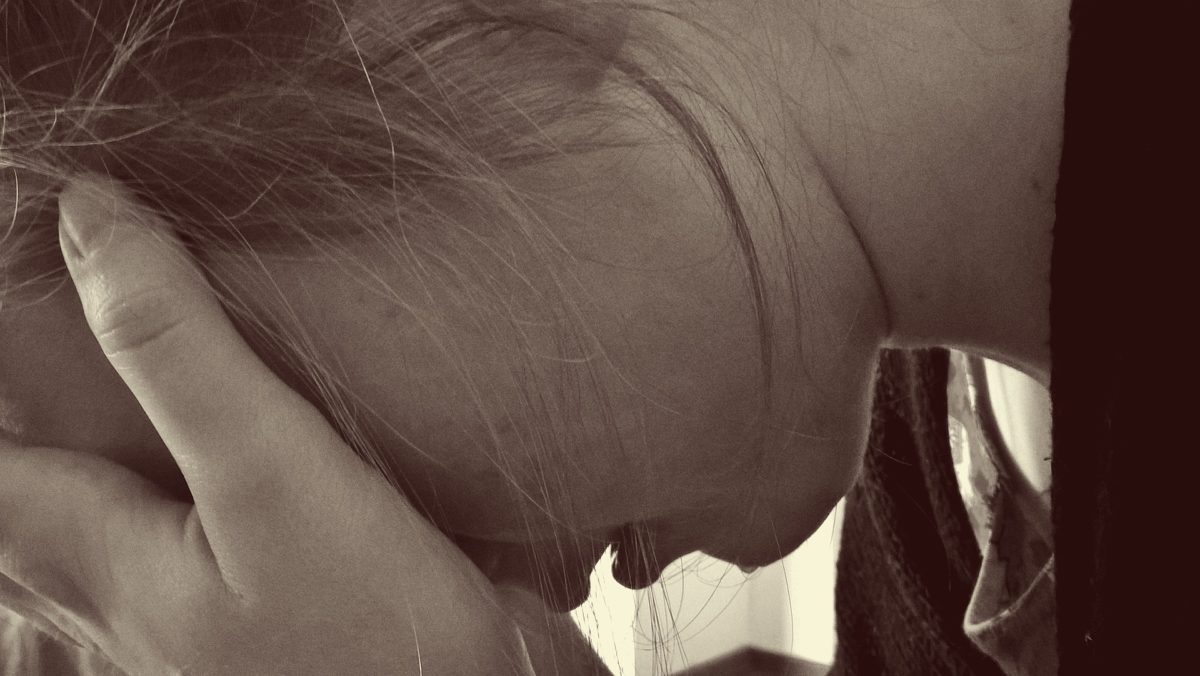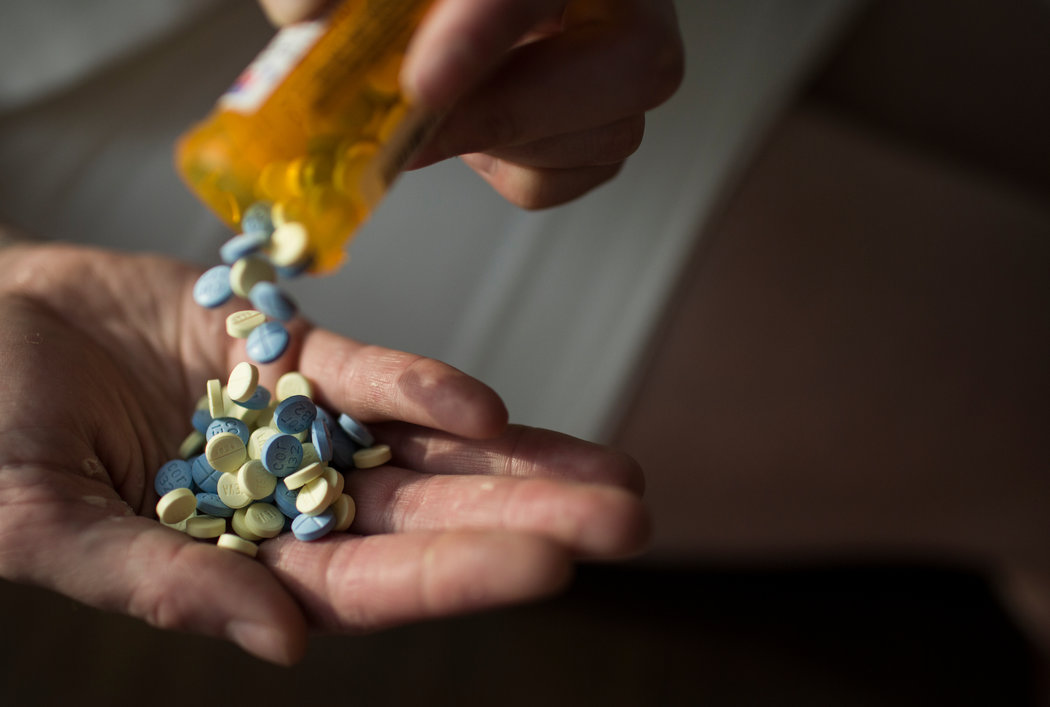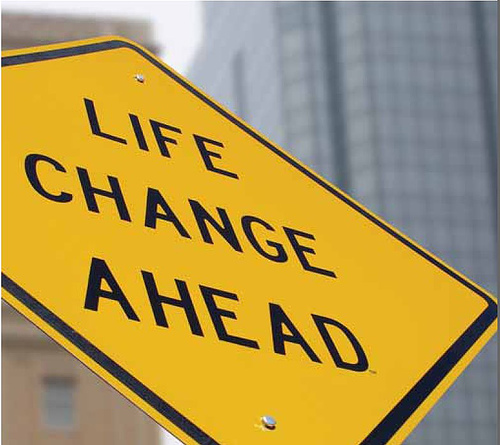 Grief is difficult thing. We, as humans, experience grief for all different kinds of reasons: when a loved one passes, divorce, when our lives change drastically, when we lose a job, even when we are the cause of our own massive life change. It is a natural response to a loss. Whenever you may experience it, your grief is valid. It doesn’t matter what other people say about your situation. You are you and you have the right to grieve over whatever you as a person feel the need to grieve over. Grief is healthy. It is a soul’s way of purging itself of sadness over a loss. Without grief, we would be doomed to carry the burden of that loss with us for the rest of our lives. We need to go through the grieving process so we can heal completely. Who wants to hang out with Sad Sally? No one.
Grief is difficult thing. We, as humans, experience grief for all different kinds of reasons: when a loved one passes, divorce, when our lives change drastically, when we lose a job, even when we are the cause of our own massive life change. It is a natural response to a loss. Whenever you may experience it, your grief is valid. It doesn’t matter what other people say about your situation. You are you and you have the right to grieve over whatever you as a person feel the need to grieve over. Grief is healthy. It is a soul’s way of purging itself of sadness over a loss. Without grief, we would be doomed to carry the burden of that loss with us for the rest of our lives. We need to go through the grieving process so we can heal completely. Who wants to hang out with Sad Sally? No one.

Just like there are many types of grief, so can it be expressed in many ways. Some people cry (me) for days and days, some people withdraw, some people call their friends for support, some people find solace in activity, some people slide down the slope of substance abuse.

This article is especially pertinent right now because our family suffered a devastating loss this morning. Our best friend and companion, protector and “activity director”, Mudflap has succumbed to cancer. He was a fantastic dog, always up for any adventure. The grief is so overwhelming. I can’t imagine what life is going to be like without my foot warmer in the wintertime and without his insistent nose bumps to play ball with him. It would be so easy to stop writing and go have a drink. And another. And another. Maybe take a pill to take off the edge, dull the pain. But it won’t work.

Alcohol is a mean temptress, especially for those riddled with grief and her slimy sister, guilt. Many of us search for ways to dull the pain and forget any guilt we have associated with the grief. “I wish I’d spent more time with Mom before she passed.” “I should have been there.” “If I had done this differently, this would never have happened.” For these people, alcohol and pills seem like a relief- a bandage for a wound they can’t face yet. I’ve done it, I won’t lie. But it never works. I know better, and yet I try it anyway.
You see, the grief and guilt are depressing enough. When you add alcohol, another depressant, you’re prolonging the pain. You’re numbing the feelings that need to be felt. The body physically needs to purge these emotions so that it can carry on with life, so that it can heal. Without acknowledging the loss and working through the emotions that come with it, the body and brain cannot fully heal to move back into healthy day-to-day interactions. Even worse? Adding pain pills or sedatives to the mix.

Many of us are taught from the time we are very young that alcohol is what you turn to when life gets tough. It’s all over the place- advertisements, television, magazines, you name it! It’s a vehicle for relaxation and unwinding at the end of the day. And there’s honestly no problem with alcohol in moderation. The problem isn’t the drink you had last night when you got home from work after your boss fired you. The problem is three weeks from now when you’re still sitting on that couch with a drink in your hand, but now there’s two empty bottles and a full one next to your chair and your husband is yelling at you to do the dishes that have been piling up since you got fired. When the substances you use begin to interfere with your daily responsibilities, you are flirting with abuse. When you can’t pay the bills because you spent too much on booze and Valium, you are on the train to Substance Abuse.
For those with a preference for mind-altering pills, the same is true. Numbing the pain and the hurt or the anger will not make it go away. Using chemicals to combat a natural physical reaction will only last so long. Eventually, the medication stops working or the emotions will become too strong. Is the temporary grief really worth altering the chemistry of your brain?

When something happens to cause the grief process to begin, we look for ways to ease the pain. So where do we turn besides alcohol or that little pill to take the edge off? Calling friends and loved ones to support you, writing journal entries, sometimes just crying it out helps. It’s all dependent on what works best for you. Just remember, when the grieving process is complete, then you can begin to heal. Why use alcohol and sedatives to prolong the grief and postpone the healing process?
Now, don’t get me wrong. I understand how all of this happens. It is so very, very easy to just give in. It’s easy to let go and relax in a sea of amaretto and Xanax. Millions of people have woken up and realized they’re addicted to a substance they started in a moment of grief. If that’s you, and you’re still postponing the healing from that grief, there are ways to undo the damage. Look up a rehab center and or a counselor to help you work through the grief that resulted in the substance abuse in the first place or call a substance abuse hotline that can help direct you.

Your loved ones, friends, and family don’t want to see you needing to rely on substances to cope with the upheaval that life brings- whatever form it takes. Have the strength to sort through the bad, because it’s never permanent. Everything… everything changes.
Image Source: Pixabay, Chicago Now, tschreiber.org, New York Times
Leave a Reply